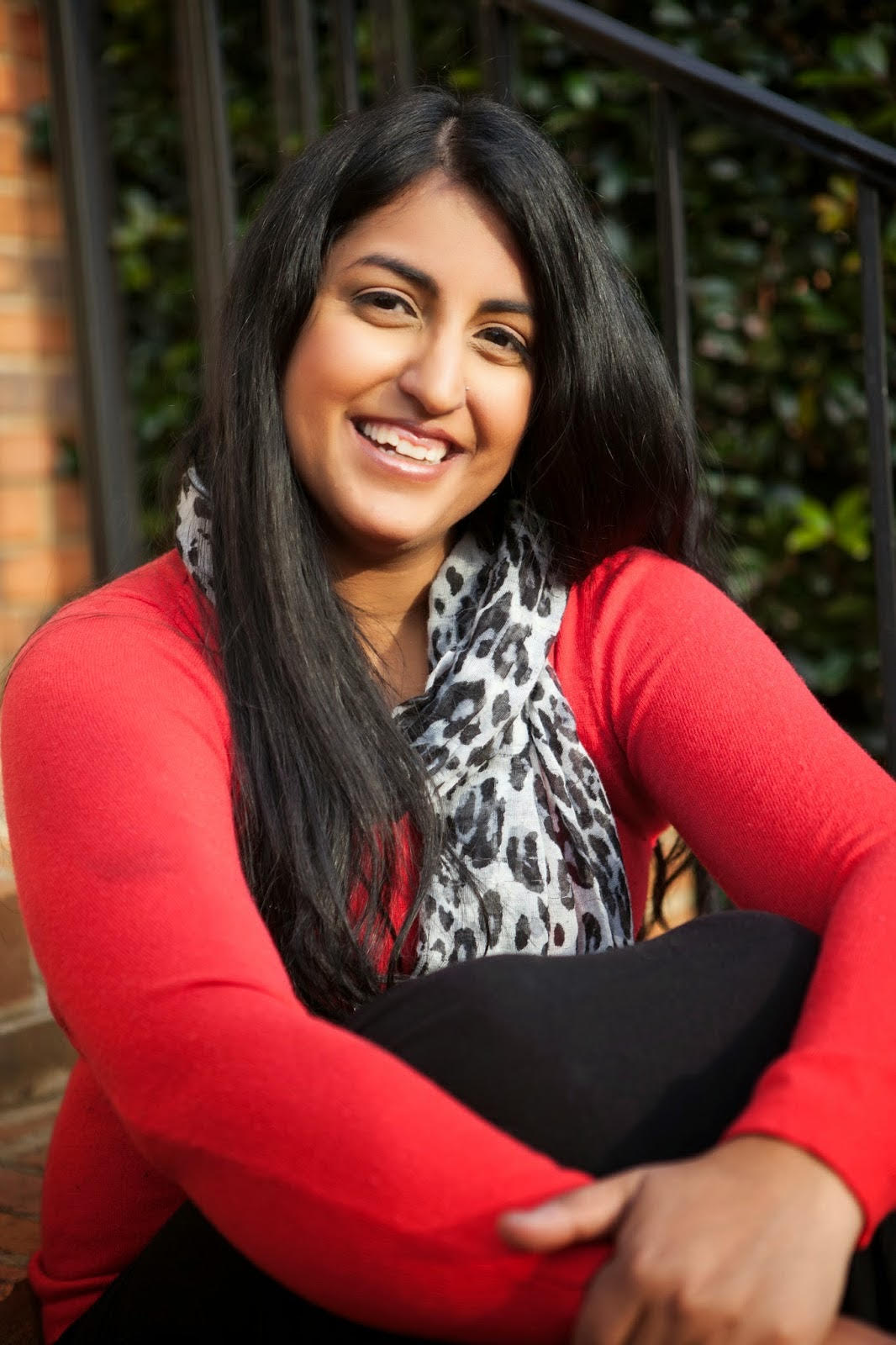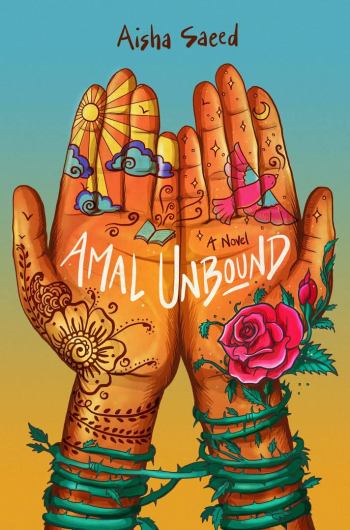 Aisha Saeed is a Pakistani-American writer, teacher, and attorney. The following is the complete transcript of her interview with Cracking the Cover for her latest novel, Amal Unbound.
Aisha Saeed is a Pakistani-American writer, teacher, and attorney. The following is the complete transcript of her interview with Cracking the Cover for her latest novel, Amal Unbound.
Why do you write for young people?
When it comes to storytelling the most important thing for me to get right and figure out first is the voice. I have never specifically limited myself to only writing for and about young people but thus far most of the voices that compel me and draw me into their stories are stories for young people. I am grateful for this because writing for young people is an honor, privilege and joy. As a child, I never saw books featuring children who looked like me as the heroes of their own stories, and it is a moving experience now to have the opportunity to give children the opportunity to see themselves in print.
Where did the idea for Amal Unbound come from?
The idea for AMAL UNBOUND came to me several years ago over a cup of tea as I perused the day’s headlines and came across the inspiring story of Malala. I had been working on a story about a girl in Pakistan before I came across Malala’s story but Malala’s story helped further inform the particular story I hoped to tell. As a former teacher, Malala’s story reminded me of the strength and resilience many young people show every day in the face of unspeakable difficulties. In AMAL UNBOUND, Amal is a strong girl who faces challenging and unjust circumstances but who, despite everything, never loses hope. I never knew this fierce desire to hold on to hope would ultimately be so timely in our current times I hope it gives hope to young children who are worried and struggling.
 Amal’s story is set in a Pakistani village. Why do you think American readers will relate?
Amal’s story is set in a Pakistani village. Why do you think American readers will relate?
If we are capable of connecting with cartoon rabbits and mice, hobbits, and Star Wars androids and space creatures, I believe American readers will be able to relate to fellow human beings who live beyond our geographic borders. I believe all people can connect with many other people across faith, race, and geographic locations. The world is a beautiful place with people who have many different cultures and faiths but at the end of the day we are all human. Despite all the things that may make us feel we are different from others, there is a core thread of humanity that binds us all together. All of us regardless of where we live have hopes, and fears, and dreams. All of us want a better life for ourselves and our families. I hope when readers have a chance to read AMAL UNBOUND they can see that we have more in common than they had previously thought.
Amal Unbound deals with some big issues, was it hard to decide what to/not to include?
Amal talks back to the wrong person in town and as punishment must become an indentured servant in his home. Writing a story about this topic for the middle grade audience meant that it was important to portray the situation and the harsh realities honestly but also to make sure that it was age appropriate. While the situation Amal is in is a very difficult one, in my authors’ note, I talk about how many in Amal’s situation would face much harsher conditions and would likely never have a happy ending. I hope that the story paired with the author’s note helps strike a balance by giving readers a story about a horrendous practice but written in a manner that keeps it accessible for the target audience.
You’ve worked as a teacher and a lawyer. How have your experiences in those professions played into your writing.
In AMAL UNBOUND, when we first meet Amal, she wants nothing more than to be a teacher. As we continue reading her journey, Amal discovers a biography of Allama Iqbal, a Pakistani poet. She learns he was not just a poet but also a teacher, a scholar, a poet, and so many other things. She learned a person can be more than one thing. My own personal past having had different careers, first as a teacher and then as a lawyer specializing in education law, before becoming an author, was an influence in this part of her story.
